Hay que prepararse en la abundancia para enfrentar la escasez.

Hoy, mientras regresaba a casa, me topé con un pensamiento bastante inusual: ¿Qué pasaría si algún día, dejara de llover para siempre? No es para más que mi mente anduviera planteándose esa clase de preguntas: el calor irradiaba a casi 40 °C, es decir, que la tierra se sentía como si fuera un horno. Ahora bien, aquella pregunta, algo capciosa, me llevó a reflexionar sobre el verdadero valor de las cosas que tenemos, y además: ¿qué pasaría si un día se esfuman?
Si dejara de llover, por ejemplo, la tierra no tardaría es marchitarse, los ríos en secarse y la vida, tal como la conocemos, ya no sería nada igual. ¿Es una posibilidad? Tal vez, pero la razón de dicho planteamiento es una simple metáfora. Es decir: supón que ahora mismo estás muy cómodo, con lo necesario y suficiente para ser feliz. Pero, ¿y si algo cambia y todo se pierde? ¿Sabrás como actuar? ¿Sabrás qué hacer?
La mayoría de personas realmente no piensan en ello, es como si los problemas nunca irán a llegar solo porque se ignoran. Es como la lluvia que cae en invierno: estamos a acostumbrados a verla y escucharla, poner verdes los campos y llenar los ríos. No obstante, cuando las sequías se asoman, los problemas aparecen.
Si llovió lo suficientemente fuerte durante años, y de pronto la lluvia se esfuma y te quedaste sin agua... ¿Por qué no ahorraste un poco?
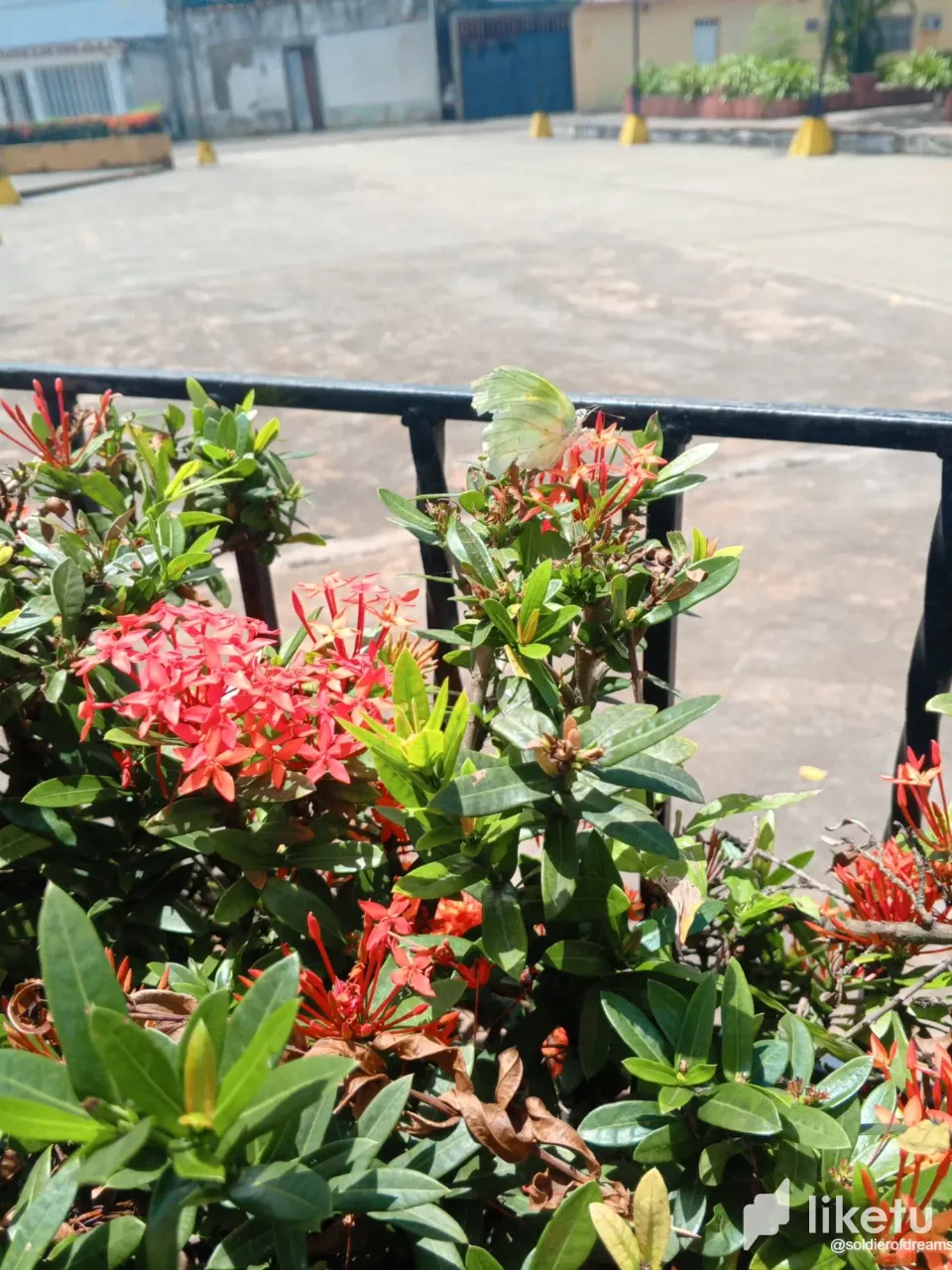 | 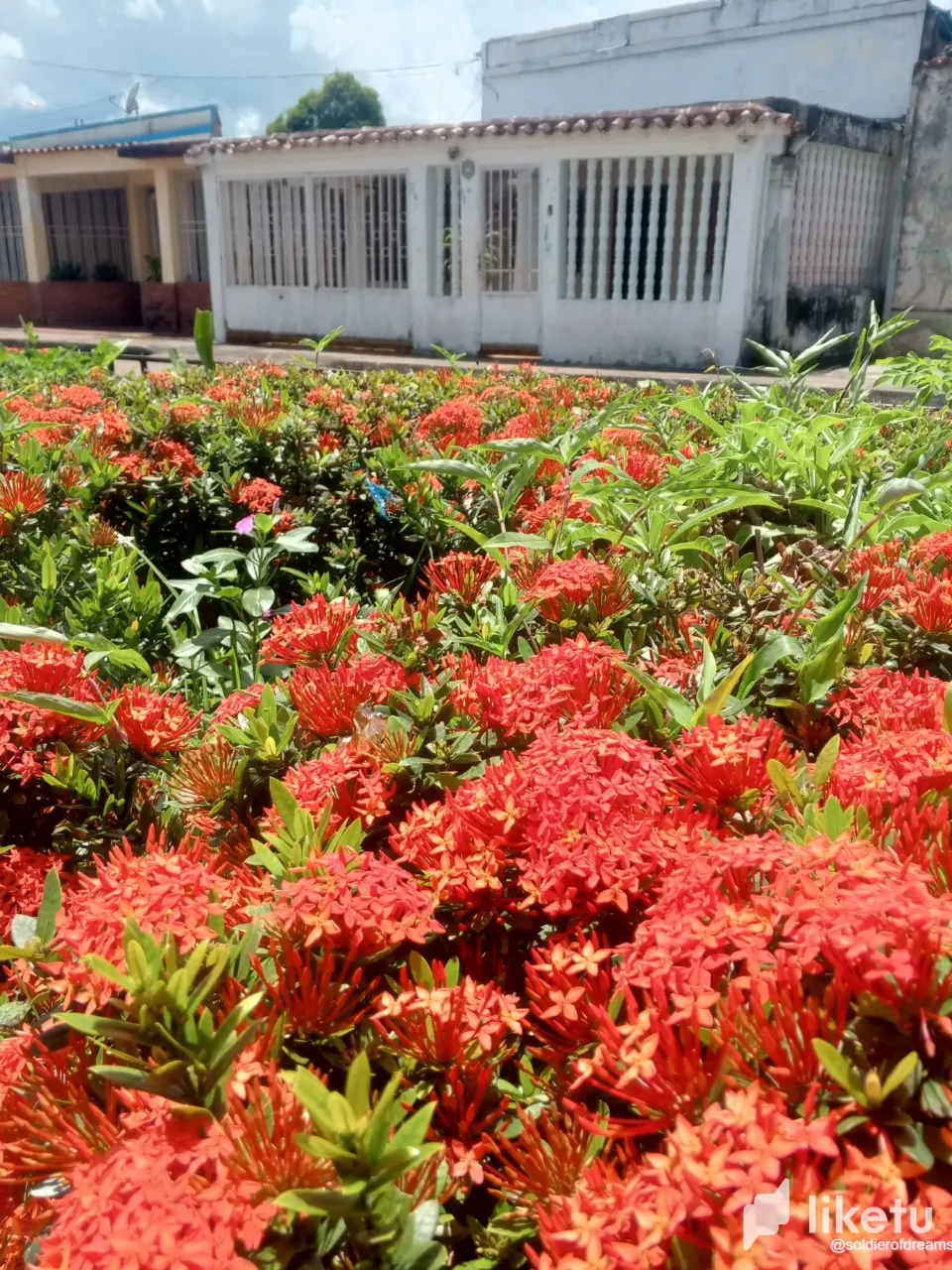 |
|---|---|
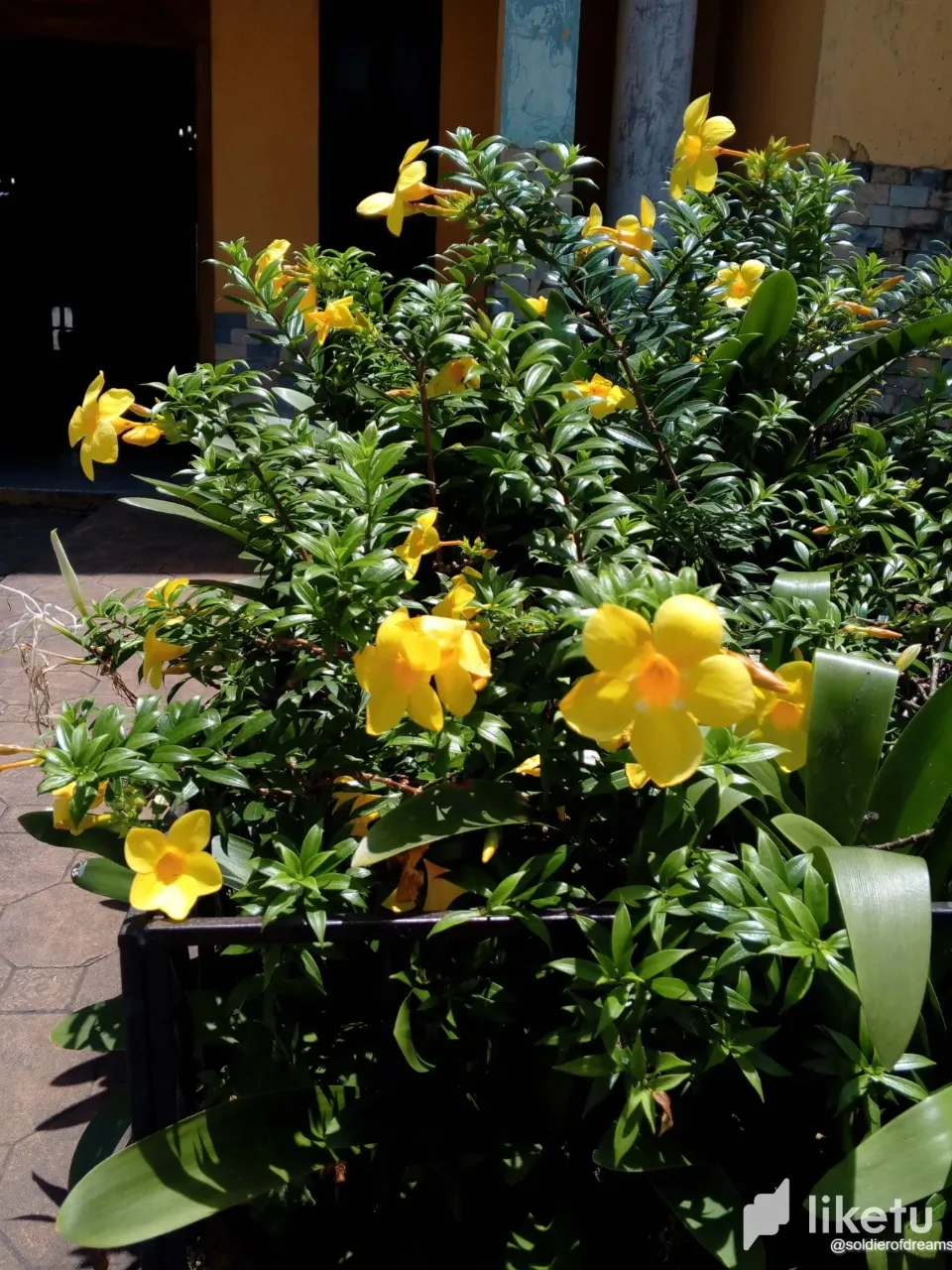 | 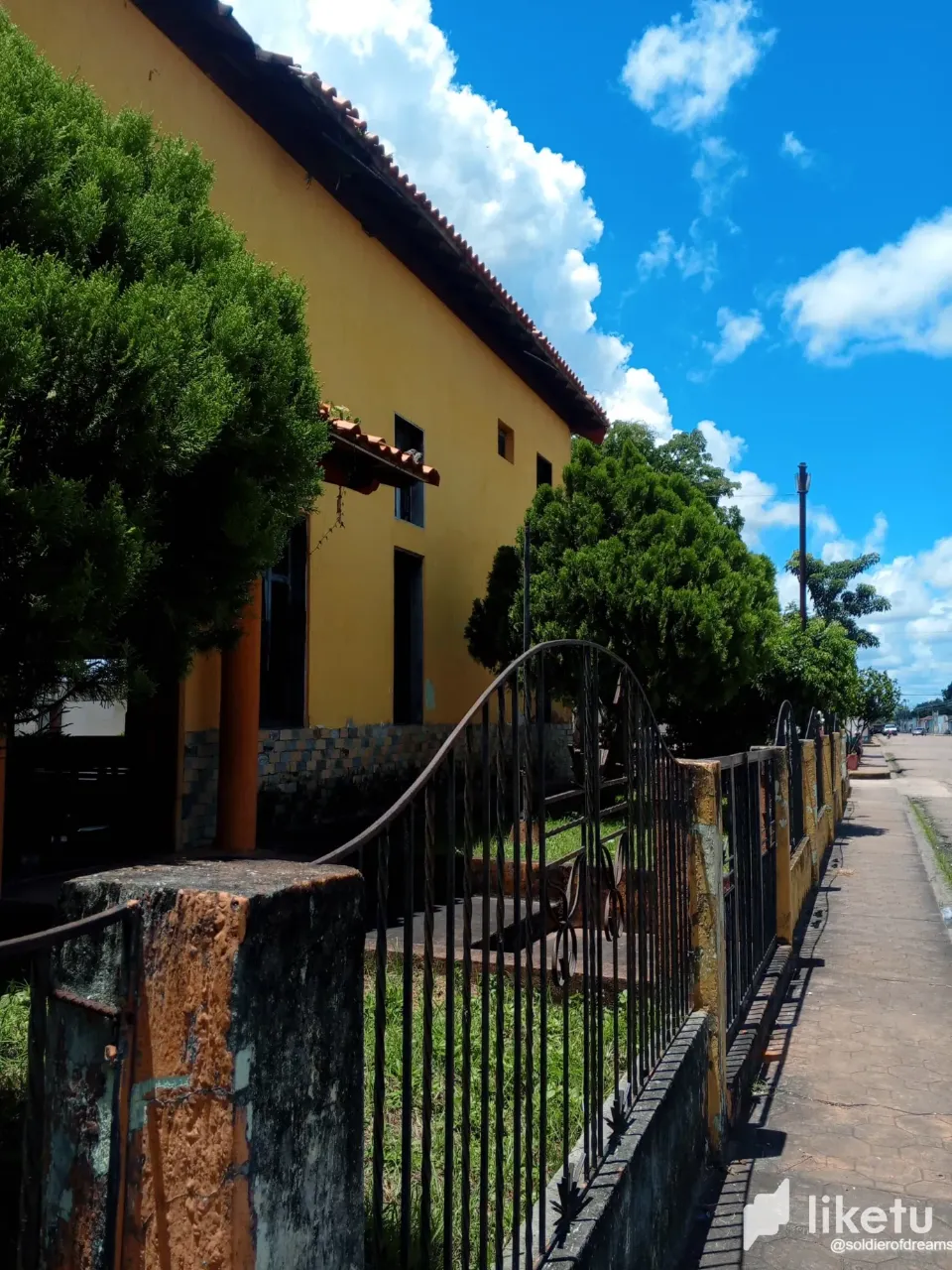 |
Así que, mientras caminaba y le tomaba foto a la jardinera de la iglesia de mi pueblo, reflexioné seriamente sobre el tema de la lluvia. O sea, con tanto calor, ¿cómo no sentirse ansioso por andar pensando en que un día puede que no llueve más? Hoy tenemos, mañana quizás no, y por eso hay que tomar las previsiones necesarias. No nos gusta proyectar momentos complejos, sobre todo si son económicos. No obstante, vale la pena pensar, ahora mismo, en lo cómo podemos actuar en caso de que las cosas cambien.
En la práctica real, deberíamos hacerlo, ¿no es así? Pero sé que pocos lo hacen, e incluso yo puedo decir que lo he vivido antes: Épocas muy buenas seguidas de tiempos complejos. En términos metafóricos, hay que saber ahorrar agua cuando llueve mucho, para estar preparados en el momento en que lleguen las sequías. No es que sea quisquilloso, eh, ¿pero no es mejor ir siempre un paso hacia delante?
Aprovechar la abundancia para proyectar el futuro debe ser nuestra mayor prioridad. A veces suele ser difícil, todavía más en un país como Venezuela. Sin embargo, es mejor tenerlo y no necesitarlo, que necesitarlo y no tenerlo (😂), tal como lo diría aquella popular publicidad venezolana.
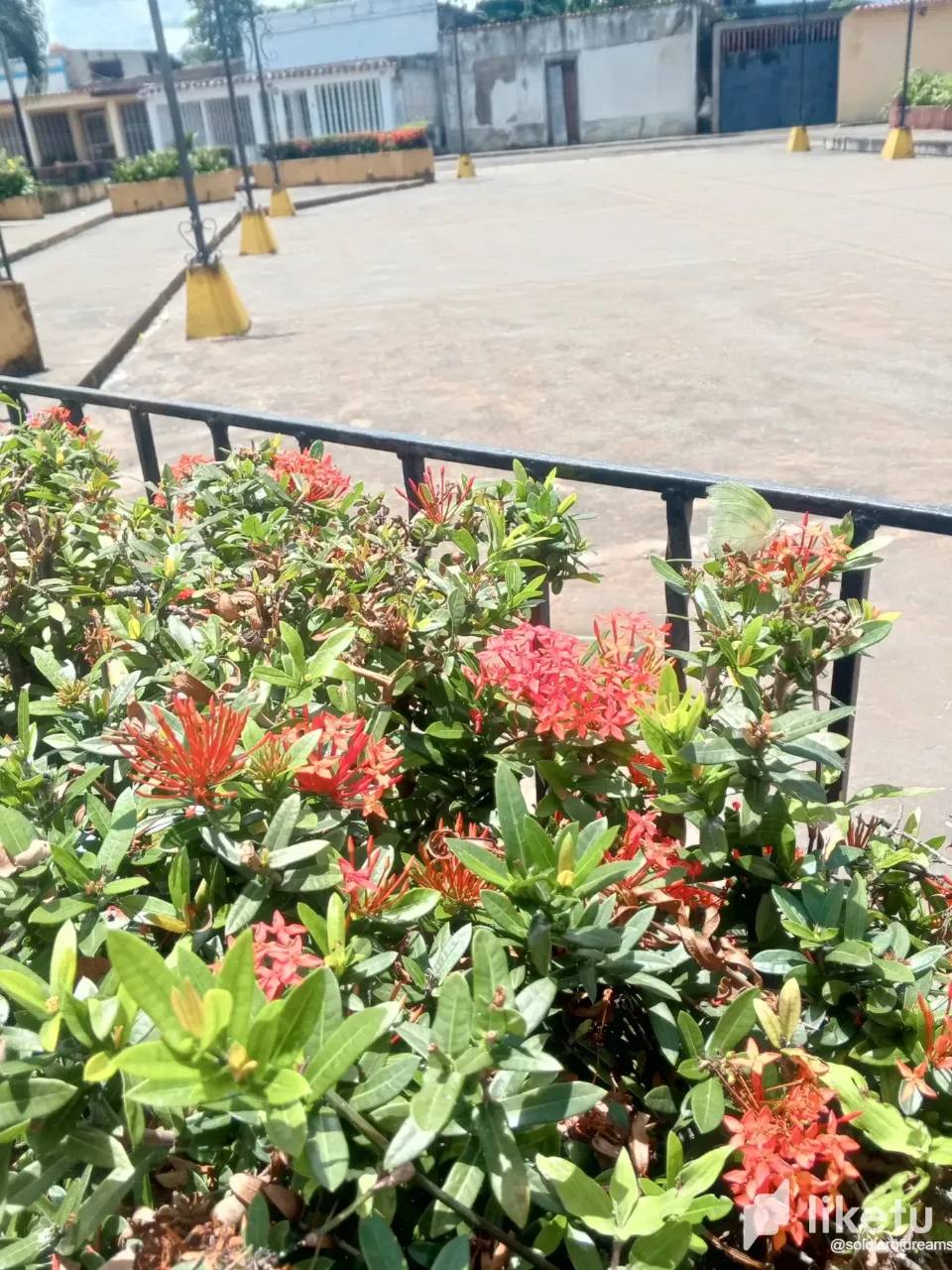 | 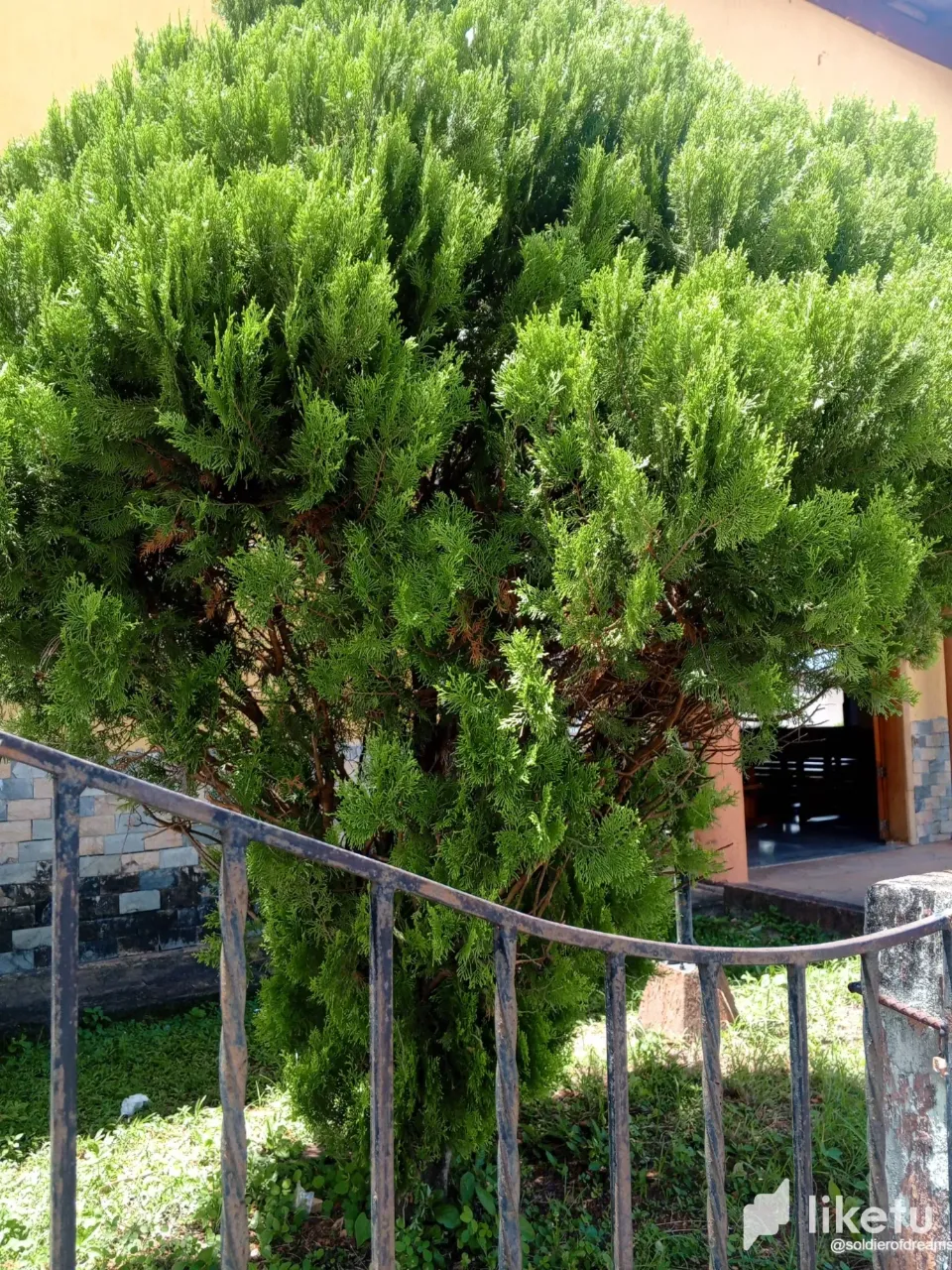 |
|---|---|
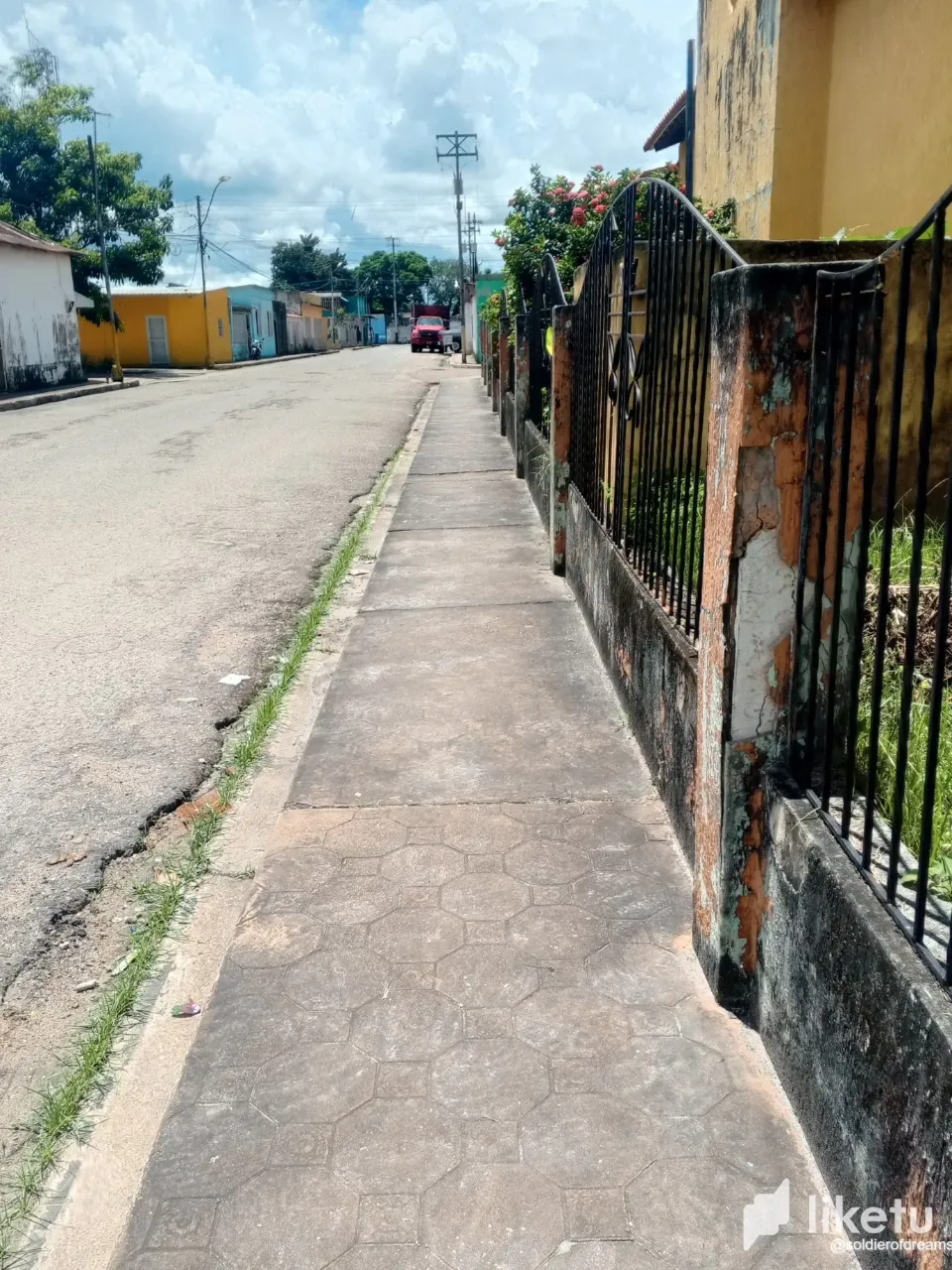 |  |
Al menos yo considero necesario, al menos, tener un plan de acción para esos momentos de crisis. Con esto no quiero decir que, vamos, debes imaginar mil escenarios catastróficos. Se trata de ser prevenidos, en cualquier circunstancia, para evitar luego que la sequía nos arrastre.
Las mejores estrategias serán las que contemplen hasta los escenarios negativos.
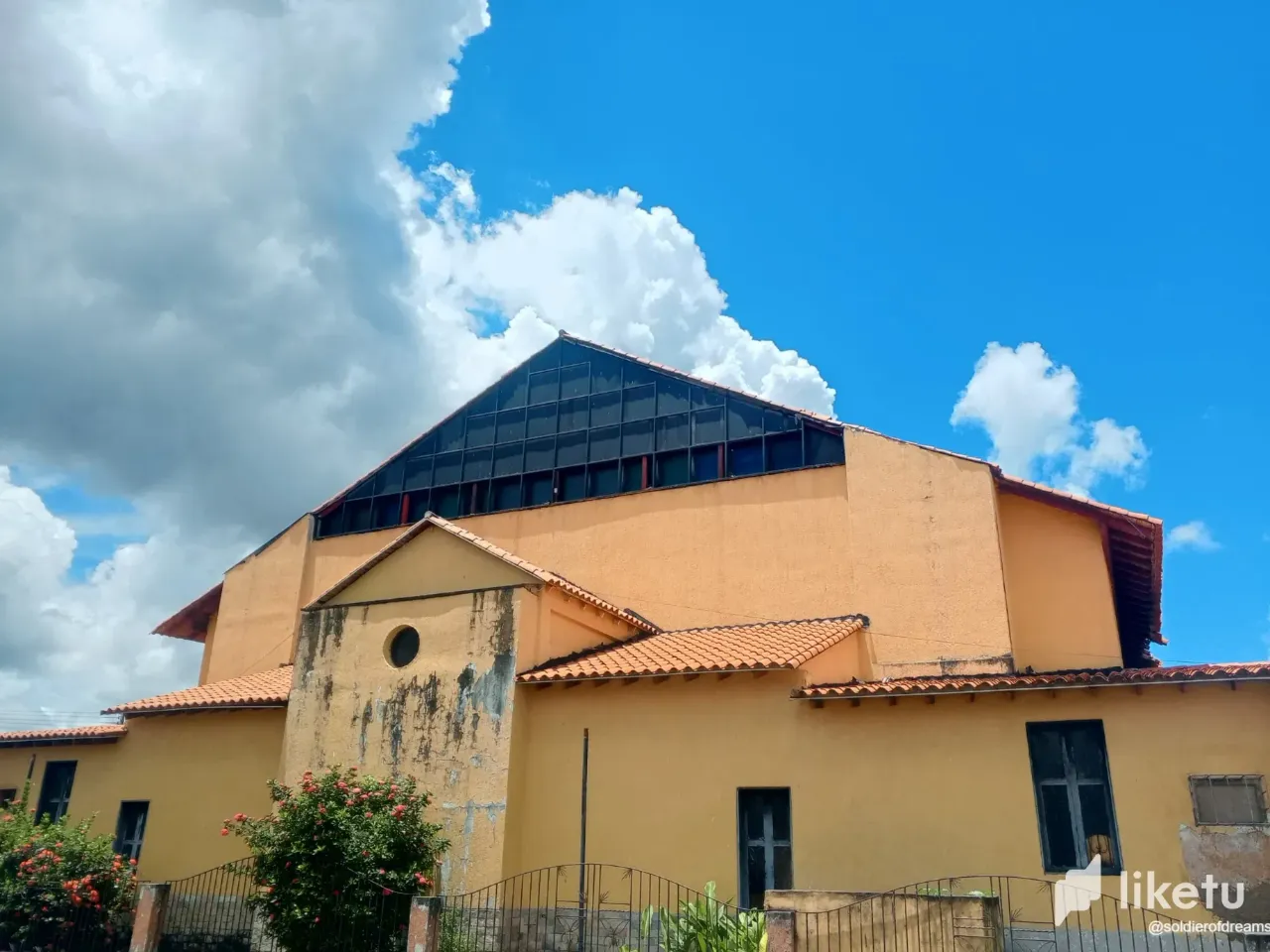
Así que, tal como la lluvia que va y viene, es mejor tener nuestras cubetas preparadas para guardar un poco, y no despilfarrarla por pensar que lloverá siempre.
A veces mi mente piensa cualquier clase de locuras, lo sé, pero este tipo de locuras me encantan cuando, de alguna forma, les encuentro un sentido filosófico (😂).
Eglish Version
Today, as I was walking home, I came across a rather unusual thought: What would happen if one day it stopped raining forever? It's no wonder my mind was asking itself these kinds of questions: the heat was radiating at almost 40°C, meaning the earth felt like it was an oven. Now, that somewhat tricky question led me to reflect on the true value of the things we have, and also: what would happen if one day they disappeared?
If it stopped raining, for example, the earth would soon wither, the rivers would dry up, and life as we know it would no longer be the same. Is that a possibility? Perhaps, but the reason for such a statement is a simple metaphor. In other words: suppose you are very comfortable right now, with everything you need and enough to be happy. But what if something changes and everything is lost? Will you know how to act? Will you know what to do?
Most people don't really think about it; it's as if the problems will never come just because they're ignored. It's like the rain that falls in winter: we're used to seeing and hearing it, turning the fields green and filling the rivers. However, when droughts hit, problems appear.
If it rained hard enough for years, and suddenly the rain stops and you're left without water... Why didn't you save some?
So, as I walked and took a picture of the flowerbed at my town's church, I seriously reflected on the issue of rain. I mean, with so much heat, how can you not feel anxious about walking around thinking that one day it might not rain anymore? Today we have it, tomorrow maybe not, and that's why we have to take the necessary precautions. We don't like to project complex moments, especially if they are economic ones. However, it's worth thinking, right now, about how we can act in case things change.
In actual practice, we should do it, shouldn't we? But I know few do, and even I can say I've experienced it before: very good times followed by difficult times. Metaphorically speaking, you have to know how to save water when it rains a lot, so you're prepared when droughts hit. I'm not being picky, but isn't it better to always be one step ahead?
Taking advantage of abundance to plan for the future should be our top priority. Sometimes it's difficult, even more so in a country like Venezuela. However, it's better to have it and not need it than to need it and not have it (😂), as that popular Venezuelan advertisement would say.
At least I consider it necessary to have an action plan for those moments of crisis. By this, I don't mean that you should imagine a thousand catastrophic scenarios. It's about being prepared, under any circumstance, to avoid being swept away by the drought later.
The best strategies will be those that consider even the negative scenarios.
So, just like the rain that comes and goes, it's better to have our buckets ready to save a little, and not waste it thinking it will always rain.
Sometimes my mind thinks all kinds of crazy things, I know, but I love this kind of crazy stuff when I can somehow find philosophical meaning in it (😂).